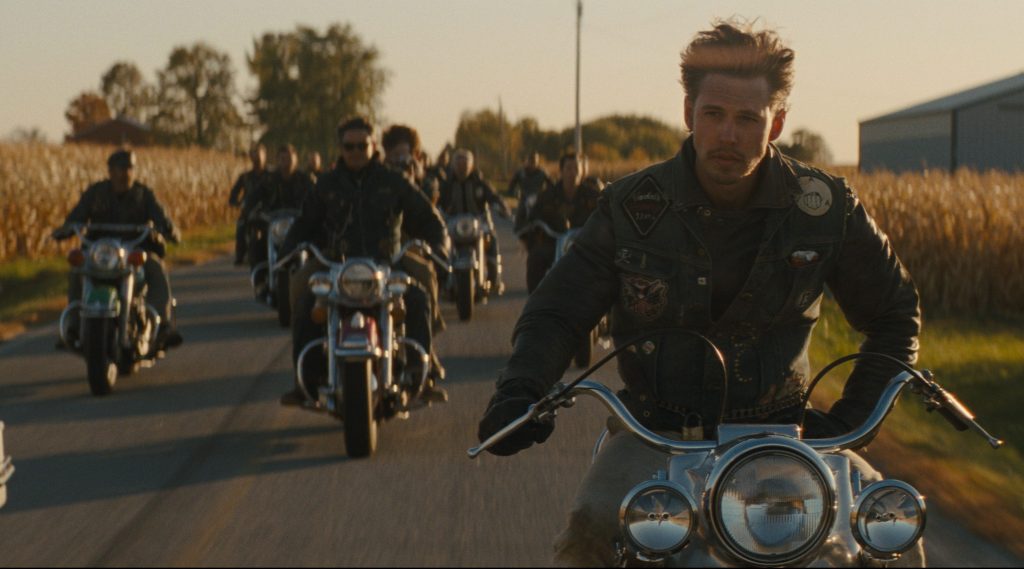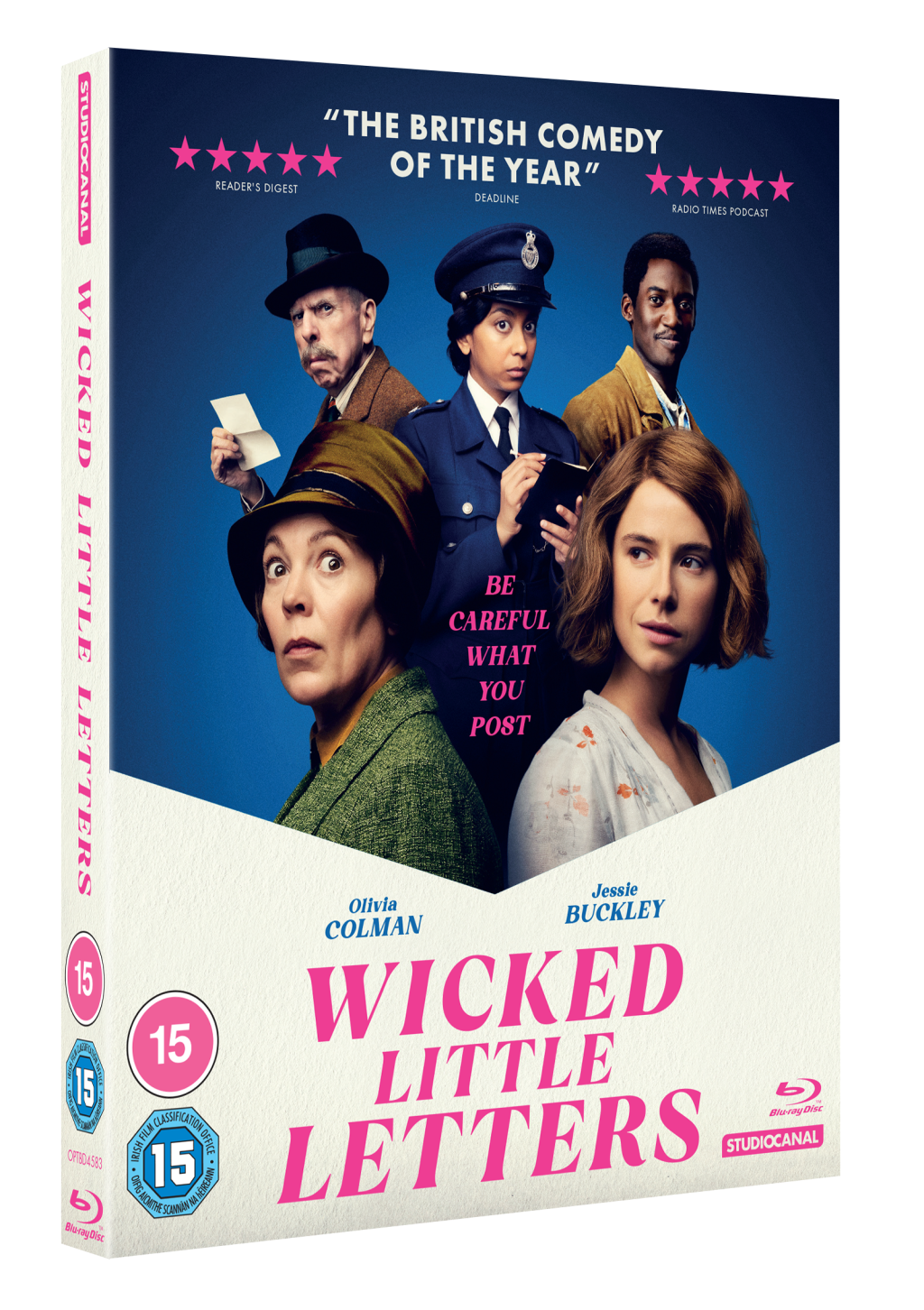As much as I hate to admit, I’m not a huge fan of Charlie Chaplin. His films are undeniably impressive; cleverly written, planned and often genuinely funny, but I’ve never particularly liked his “Little Tramp” character. Unlike Buster Keaton or Stan Laurel, Chaplin seems only too aware of how funny he’s being, often gurning for the camera. The charm of Keaton was that he kept a straight face, and never winked at the audience.

Where Chaplin had an edge was in the film-making itself. He was a perfectionist to a fault, and as such his films are often the most successful from a production standpoint, with assured direction and ambitious set-pieces. They may not be as laugh out loud funny as Keaton’s films but there’s a maturity and precision to the film-making, that might explain why his films have aged the best.
The plot is essentially just an excuse for Chaplin to string together one vignette after another. When we first meet Chaplin’s character, he is working in a factory, almost a literal cog in the machine. After suffering a breakdown he’s sent to prison, and upon release he meets the Gamine (Paulette Goddard) an orphan living on the streets.
For a silent film made well into the sound era, Modern Times remains incredibly innovative, as Chaplin makes use of camera tricks and physical stunts for comic effect. (the perilous scene where he roller-skates on a balcony demonstrates both of these!) This would prove to be Chaplin’s final silent film, and you can see his interest in sound emerging here, experimenting with sound in a few scenes, and toying with his audience’s expectations; when we finally hear his voice, he pointedly makes the words as incomprehensible as possible.

One of Chaplin’s most politically motivated films, the idea of company men treating their workers as mindless drones, caring only about productivity and nothing for their welfare is still unfortunately relevant today. This is exemplified in the scene where the bosses create a new invention to keep the workers fed without the need to stop working, and test it out on the unfortunate Chaplin.
This newly restored HD transfer from Criterion looks stunning, and highlights Chaplin’s painstaking eye for detail and epic sense of scale. The industrial set designs are meticulously constructed, bearing more than a passing resemblance to the sets in Fritz Lang’s Metropolis – especially the iconic sequence where he is sucked into a machine, slipping through the cogs and machinery effortlessly. The trouble is, aside from a couple of stand out set-pieces (Chaplin foiling the prison escape is a low-key brilliant sequence) the film is rarely actually funny.

Indeed, rather than a comedy moment, the most significant element in Modern Times is the love theme composed by Chaplin himself; one of the most enduring and evocative pieces of music of the entire silent era (later recorded as Smile by Nat King Cole). It’s used sparingly, first heard as Chaplin and Goddard daydream of their idyllic future together, and for the final time as they walk into the sunset – without their dream home, but happy nonetheless.
Modern Times is often held up as one of Chaplin’s very best films and it’s difficult to argue with this assessment. It’s beautifully shot, with some ambitious set-pieces and a truly poignant score. This was Chaplin’s final outing in the trademark bowl hat and cane, and is an appropriate send off for the character. Today it’s more to be admired than laughed at, and remains a towering cinematic achievement.
Special Features
The special features are extensive and comprehensive, including a new audio commentary by Chaplin biographer David Robinson; Two visual essays, by Chaplin historians John Bengtson and Jeffrey Vance; an interview with music arranger David Raksin; A new score by Donald Sosin; Chaplin Today: “Modern Times” (2004) with filmmakers Luc and Jean-Pierre Dardenne; All at Sea (1933), a home movie by Alistair Cooke; The Rink (1916), a Chaplin short; For the First Time (1967), a documentary about a projectionist who shows Modern Times to first time moviegoers.








![The Cat And The Canary Blu-ray review: Dir. Paul Leni [Masters Of Cinema]](https://criticalpopcorn.files.wordpress.com/2024/04/image-5.png?w=1024)




![Dazed and Confused Blu-ray review: Dir. Richard Linklater [Criterion Collection]](https://criticalpopcorn.files.wordpress.com/2019/06/54d963fd05ec9b4b6fa718cbc6dcfa03.jpeg?w=1024)
Post your thoughts